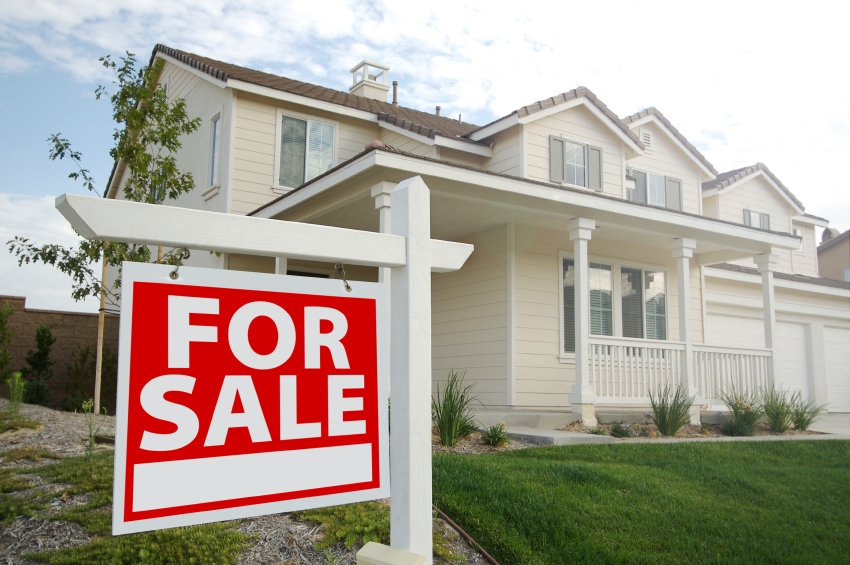The DIY guide for selling and buying a for sale by owner property
When it comes to selling your home, a growing number of people are opting for the do it yourself approach.
The private sale of homes is becoming relatively common thanks to advances in Internet technology and an increase in For Sale By Owner (FSBO) companies.
If you are successful in making the sale, you could save yourself a real estate commissions of 3-5 percent.
How For Sale By Owner Works
Generally, private sellers will make use of one of the various For Sale By Owner network websites. These companies will provide different service plans to assist you in selling your home. Standard plans consist of exposure through their website, lawn signs, and a personalized consultation with sales representation. The premium plans provide additional advertising support (i.e. in local papers, or real estate magazines), and they perform a competitive market analysis.
According to research studies, 45 % of Canadians would consider bypassing real estate agents to sell privately with the guidance of a real estate lawyer. A good lawyer can make all the difference for a private seller.
This system also weighs heavily on the communication between the seller and their lawyer. A lawyer is best equipped to manage situations of legal concerns.
Considering Selling Your Home Privately?
When it comes to deciding whether to try and sell your home without the services of a real estate professional, consider the following:
The Pros
- You could possibly save thousands of dollars in commission fees.
- You’ll be able to maintain control over all aspects of the sale.
- You’ll have the flexibility to show the house at your own convenience.
- You have the opportunity to highlight, from your experience, everything your home has to offer to prospective best mortgage rate home buyers.
- More buyers are internet savvy and are familiar with private sales sites, as well as online auctions and complimentary classified websites.
- If you pass some of the savings onto the buyer you open up your reach to buyers at lower price points.
The Cons
- Prospective buyers might not find your home.
- Real estate agents understand the market and what price points will sell.
- Upfront advertising costs, without any guarantee of visibility.
- Potential low mortgage rate buyers have to call you.
- No one to prepare agreements or advise you on negotiating.
- You might have to negotiate a commission for the real estate agent of a potential buyer.
The Safety of an Agent
For many, a real estate agent is the most comfortable choice when making such a substantial transaction. They can guide you through the process and negotiate the sale on your behalf.
Essentially, only you can make the decision if the service of an agent is worth the fee.

